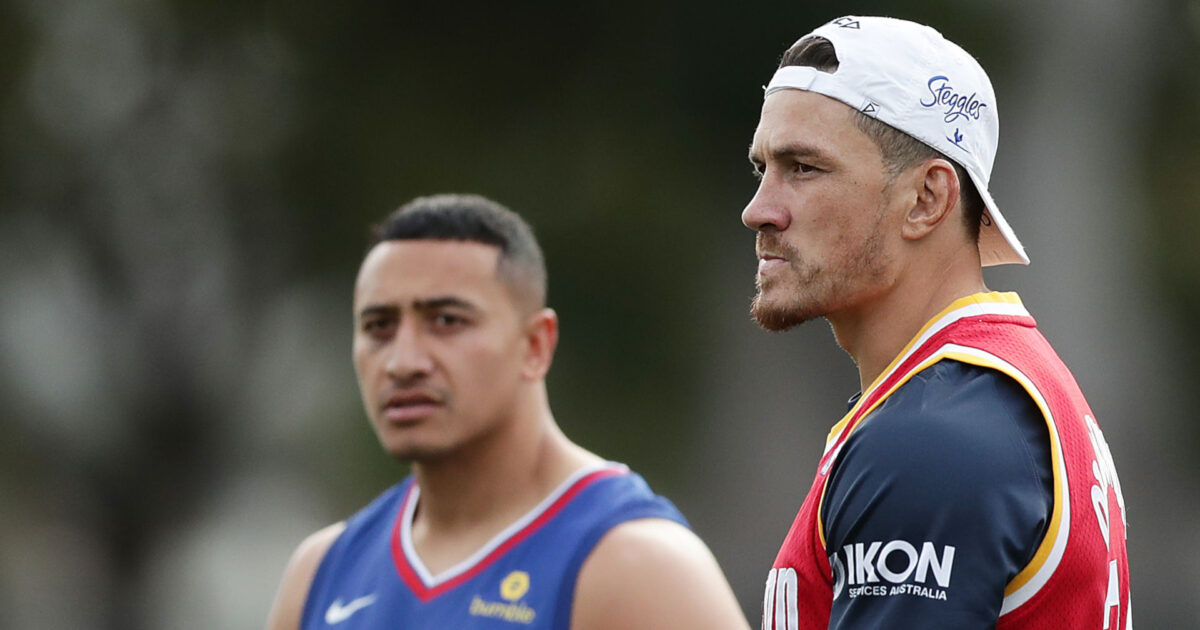SBW expects to be targeted in 'toughest rugby competition in the world'

Sonny Bill Williams expects to be targeted in the NRL, labelling his return to the Sydney Roosters one of his greatest ever challenges. SBW has been one of the finest athletes in either rugby code for the past 16 years, but has not played in the NRL since 2014.
Since then the game has changed dramatically, with this year’s set restart rule one of the most significant in speeding up the pace of play.
Williams is also wary he has not run out in any sport for five months, with the COVID-19 pandemic leaving him without proper training in Europe.
It’s all why he expects to be targeted when he makes his anticipated return for the Roosters in round 17, after training with the team for the first time on Saturday.
“Out on the field I think I will be targeted from the point of view I haven’t played for so long,” SBW admitted.
“It’s just common sense really.
“But at the same time I have been around for a long time and hopefully I can bank on a bit of that experience to help me out.
“I have been watching a bit of footy lately and these young boys are so strong and fast.”
Roosters teammates agree, knowing teams will want to expose Williams.
But they also wait with bated breath to see how it pans out.
“You have to test him out and see where he’s at, sides would be silly not to,” centre Josh Morris said.
“But we’ll see who the first person to run at him is and how that goes.”
This will be Williams’ third stint in rugby league, with his last sandwiched between two separate World Cup wins with the All Blacks.
But when asked if being competitive in the NRL was one of the greatest challenges he’d had in his career, SBW said: “Definitely.
“If you’re being a realist you have to look at all those things and it makes you wonder.
“I’m 35, I’m no spring chicken anymore.
“And I was on holidays. Coming back into the toughest rugby competition in the world has its challenges.
“But I am here and ready to be vulnerable.”
And this is when Williams is at his best.
“You have to thrive in those situations,” he said.
“Being able to walk towards it rather than this mountain being too high to climb.
“Instead I am going to be where my feet are, work hard today and when tomorrow comes I will be as ready as I can be and let’s go.”





















